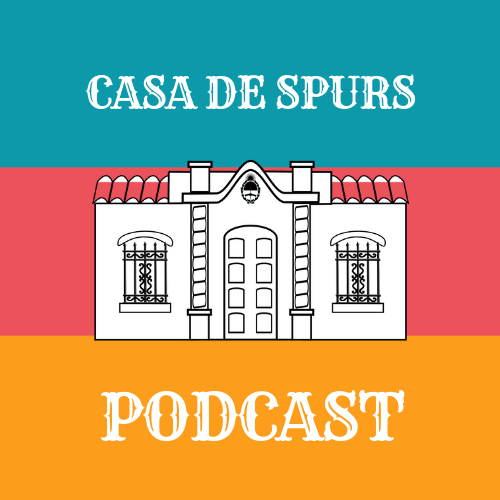Phoenix 104, San Antonio 112
With two games to spare, the Spurs have clinched the overall top seed in the league and home court advantage throughout the playoffs. With one more win, they will tie a franchise record for wins; with two more wins, they will set that record, an impressive feat for such a long-standing team of success.
In the process of beating the Suns, they have also beaten each of their three possible first round match-ups in the span of six days, effectively neutralizing their impact on who they will see. Psychologically, though, it’s good to win each of those games. Particularly playing teams that are scrapping as hard as possible to win, yet still beating them short-handed and with so little (comparatively) on the line. That Phoenix team last night was playing their asses off; the Spurs were on the second game of a back to back, without Tim and Manu, and could have easily folded after getting down 21 points in about 40 seconds. Nope. They won.
The other night I was thinking about this team (as I so often do) and Pop and his ‘system’, and wondering what makes it so special. One of the not-so-secret little secrets of Pop’s success is that he is simultaneously obstinate and completely set in his ways, yet also the most flexible and experimental coach, willing to tinker and change with the ever-evolving game. Even a decade ago, to call Pop an ‘offensive guru’ would have been laughable; now the Spurs have the most sophisticated and beautiful offense in the entire league. He demands perfection yet accepts and even seeks out imperfect players.
Perhaps the greatest trick he has pulled off is how he simultaneously empowers each player to be his best possible self while never asking anybody to play beyond their abilities. He gives each player on the roster a sense of personal accountability, but never puts them in a position to fail the team or themselves. It is true leadership, the kind we all talk about but so rarely see. And a funny thing happens on the way: these players, while never necessarily being asked to do so, become fuller and more well-rounded players.
This is what allows Danny Green to go from being cut by two different teams (including the Spurs) to being a defensive stopper and elite 3-point shooter, an integral part of a championship team. He scored 33 points against the Suns.
This is what allows Patty Mills to go from Expert Towel Waver to elite back-up PG and sixth man, whose infectious energy and attitude has helped the team to make so many comebacks this season, and whose scoring has secured so many improbable wins for this team. The Blazers essentially let him go for nothing.
This is what allows players like Belinelli and Diaw to have career years; in Diaw’s case, it more or less saved his career.
This is what allows Jeff Ayres to become a useful rotation player.
This is what allows Kawhi to actually reach his massive potential, to take the time to nurture a budding superstar. The rise of Kawhi seems to occur in fits and spurts, but the arc of his career will be long, and ever bending towards greatness.
And we still have the Big Three. They are all great and would have certainly been great no matter what. But I often wonder what their careers would have looked like with different coaches, on different teams, and in different systems. Manu might have burned bright but flamed out quickly; Parker might just be another quick PG who couldn’t lead a team; and Duncan would surely still be a Hall of Famer, but probably not an all-time great. Yes, Pop has even allowed these 3 to be the absolute best basketball versions of themselves.

